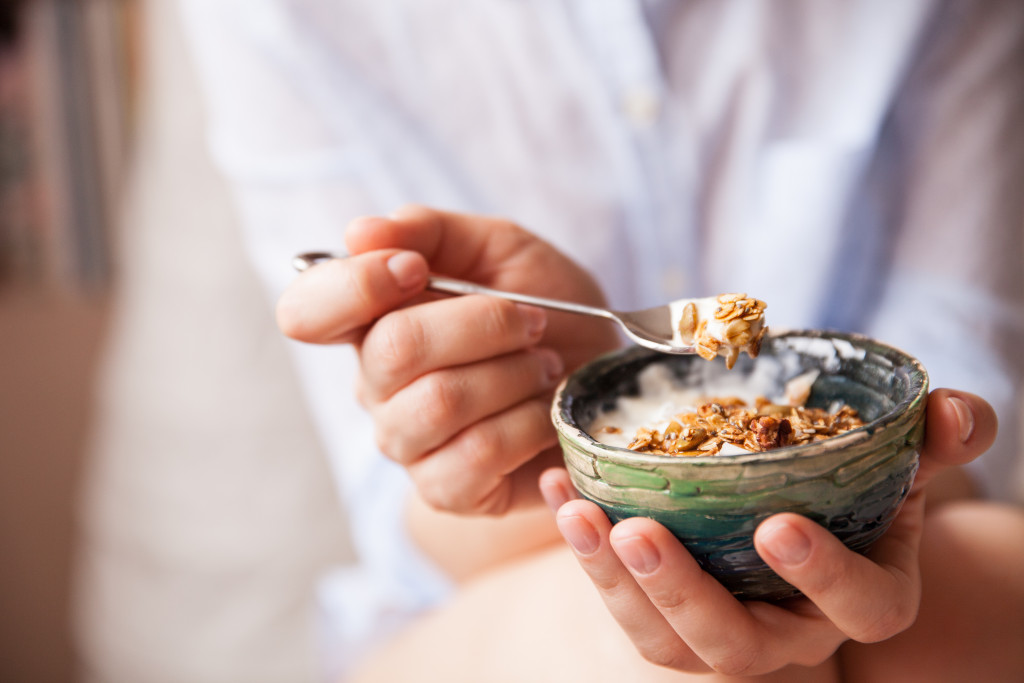Summers are growing hotter and hotter. Every year, countries around the world are reporting their hottest temperatures on record. In North America, cities from Los Angeles to New York are grappling with rising temperatures and a greater risk of heat exhaustion during the summer months.
Heat exhaustion is a serious medical condition that can occur when your body’s temperature becomes dangerously high. It’s especially dangerous in situations where you’re exposed to extreme weather conditions, such as a hot outdoor summer day. Excessive sweating caused by prolonged exposure to extreme heat can lead to dehydration, which lowers blood pressure and affects other important bodily functions. Left untreated, it could cause life-threatening complications or death.
In this article, we’ll take a look at how you can prevent heat exhaustion during the hottest days of the year.
Make Your Home Cooler Naturally
Try using box fans to circulate the air in your home. They’re inexpensive, energy-efficient, and very low maintenance.
Close off rooms that get direct sunlight during the day. That way they won’t become any hotter than the rest of your house.
During summer, it’s important for your home to have lots of ventilation. If you can, open all your windows and doors for at least 20 minutes every day. It’ll help sweat evaporate faster than it would if it were trapped inside your home.
In addition, make sure your home is insulated. Houses with insulated roofing systems are able to retain up to 50 percent more heat than those without insulation. During the summer, you can maintain a cooler home with little effort by regularly airing out your house and keeping it well insulated.
Plan Out Your Day
Staying hydrated is one of the best ways to combat high temperatures during the summer months. That’s why it’s important to plan out your day.
If you know the temperature is going to hit 90 degrees, don’t go out shopping in the middle of the afternoon. Arrange your errands so that you can complete them early in the morning or late in the evening when it’s slightly cooler. If you’re planning any outdoor activities for later in the day, make sure you wear loose-fitting clothing and stay hydrated.
But, even indoors, try not to do strenuous activities in the middle of the day when it’s the hottest. Wait until the sun goes down to do things like mowing your lawn, jogging, or doing housework.
Wear Loose-Fitting Clothing
During the summer, it’s important to dress light so your body can cool itself naturally. Wearing baggy clothing made of lightweight material will help keep your body cool by allowing air to circulate more freely around it.
If you’re going to be outdoors, wear a hat. It will help keep your head cool. In addition, wear sunglasses to protect against the harmful ultraviolet rays of the sun.
Wear light-colored clothing to reflect the sun’s rays. Darker colors absorb heat instead of reflecting it, making you hotter and increasing your risk of heat exhaustion.
Stay Hydrated
Being dehydrated can lead to muscle cramps, headaches, dizziness, and lightheadedness. And the symptoms of heat exhaustion are very similar to heatstroke, so you could easily mistake one for the other.
If your body starts getting dry and sticky, drink water immediately. Aim to drink two cups of water at least 30 minutes before you leave the house in the morning. Don’t wait until you feel very thirsty to take a drink. You can also keep a water bottle with you at all times and drink small sips every few minutes.
Avoid caffeine and alcohol, which can actually dehydrate your body. Avoid beverages that have added sugars, too. Instead, try drinking unsweetened, diluted fruit juice. For instance, you can mix a little grapefruit or orange juice into a glass of water and drink it if you’re feeling thirsty.
Choose What You Eat

Limit your intake of foods that are high in protein, salt, and fat. These can cause you to lose more water than usual through sweating. And because it takes longer for the body to process these foods, they won’t leave you feeling refreshed like other sources of energy might.
Instead, opt for foods that are high in water, such as watermelon, grapes, cucumber, celery, lettuce, peaches, or vegetable juices. These are all great ways to keep yourself hydrated while eating light and healthy.
Summer can be brutal, but with a few simple tips, you can make it through the hottest months of the year unscathed. And if you start to feel overheated, dizzy, or nauseous, get out of the sun and seek medical attention immediately.

